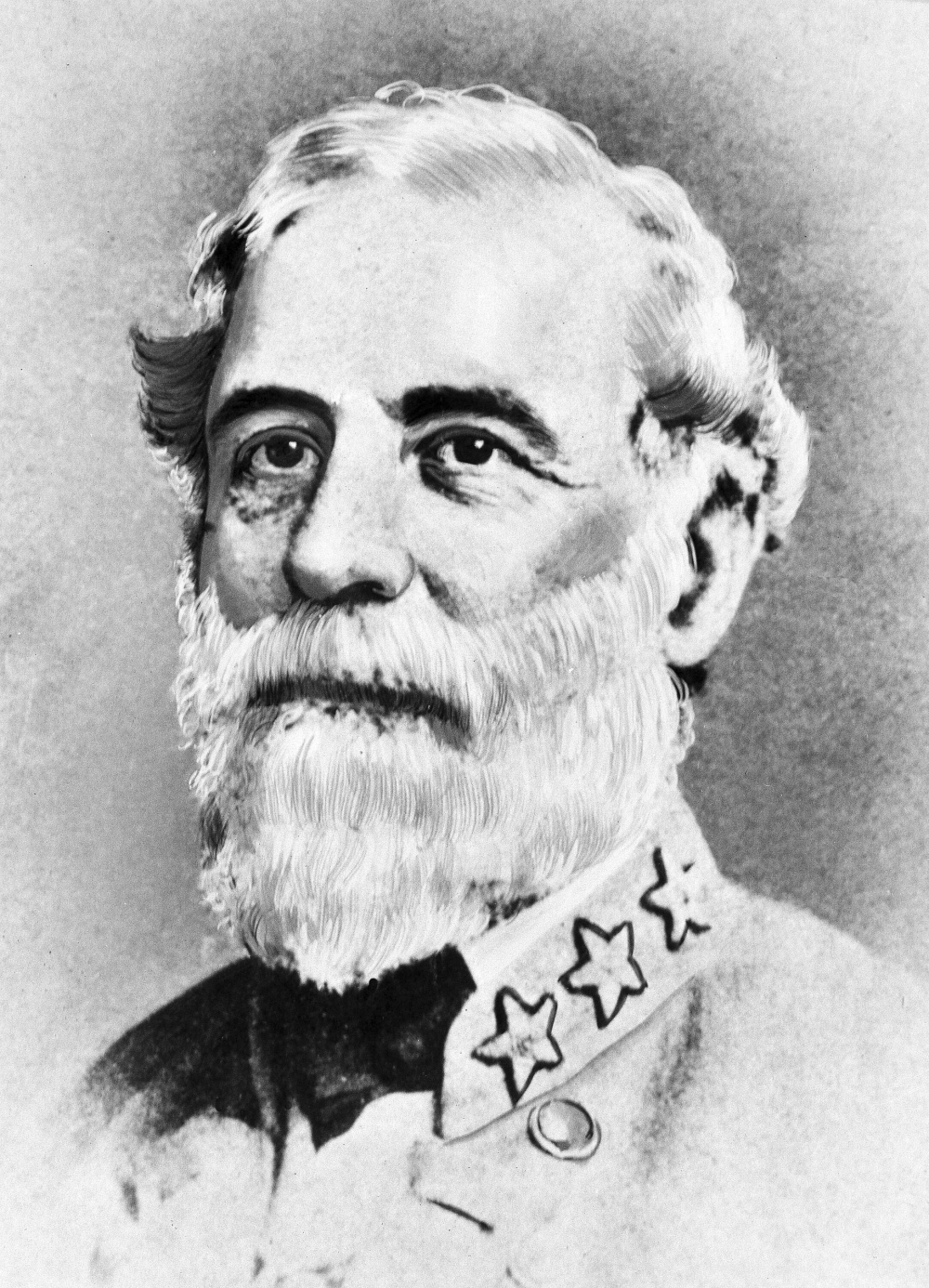
Court proceedings might often unfold behind closed doors, but the Democratic attorneys general challenging President Trump’s expansive agenda want to bring their work to your feed.Democratic attorneys general are turning to new media to mount their resistance to Trump 2.0, using untraditional means to win in the court of public opinion while waging legal battles in courtrooms across the country.
“This is an opportunity for us to ensure that the federal government is held to account when they violate the rights of our respective states and the residents of our states,” Michigan Attorney General Dana Nessel told The Hill, citing the burst of legal fights brought by attorneys general. “We just thought it was more important than ever to make sure that people are understanding, like, ‘What does an attorney general even do?’” At least nine legal challenges to major Trump administration actions have been brought by coalitions of Democratic attorneys general across the country, targeting federal aid freezes, efforts to nullify birthright citizenship, mass government worker layoffs and Elon Musk’s cost-cutting Department of Government Efficiency (DOGE).Meanwhile, the top state legal officers have flooded online platforms with their victories, swipes at Trump and pleas to keep the faith while lengthy litigation moves through the notoriously sluggish judiciary.

“Legal processes are slow, complex and opaque,” said Ioana Literat, a professor at the Teachers College of Columbia University who studies online political expression. “So, these efforts then show a growing recognition that legal resistance ..
. must also be culturally legible.” For example, the Instagram feed of the Democratic Attorneys General Association, an advocacy group for state attorneys general, is sprinkled with shareable content, from artsy infographics to short videos that both hop on TikTok trends and lay out state prosecutors’ plans to stop the president’s agenda in the courts.
“They’re also not only framing these legal actions in institutional terms, but also in moral, emotional — even aesthetic — terms that really resonate online,” Literat added. The shift toward new media comes after a distinctly digital presidential election. Trump’s coalition of right-wing influencers and podcast bros helped serve up his populist agenda to new demographics, while former Vice President Kamala Harris’s adaptation of pop star Charli XCX’s “brat” branding and online memes gave Democrats a fighting chance after former President Biden’s campaign dramatically faltered.
As Democratic attorneys general have emerged as a first line of defense against Trump, who also enjoys GOP majorities in both chambers of Congress, branching out on messaging has become a significant conversation among the state legal officers, Nessel said. That includes elevating Democratic voices in the podcasting world, which is dominated by conservative household names such as Candace Owens and Tucker Carlson, or Joe Rogan and Theo Von, who lent Trump a hand come election season. Earlier this year, Nessel and Arizona Attorney General Kris Mayes launched a podcast together called “Pantsuits and Lawsuits” to dissect key legal and political battles — and explain their roles in it all.
“If you’re not meeting people where they are, then you’re not going to get your viewpoints across,” Mayes told The Hill, suggesting that Democrats need to do a better job of creating their own content while also not being afraid to appear in conservative media. She cited Von’s podcast as an inspiration for long-form interviews, a format she and Nessel have used in interviews with legal and criminal justice experts. “A message to Theo Von,” she quipped, “if you want me to come on, just let me know.
” The attorneys general’s conversations zero in on major federal actions, from birthright citizenship to DOGE’s efforts to slim down the federal government. The podcast also provides a platform to speak more freely than in court filings. “Trump and his administration have spent the last month or so doing a number of pretty awful things,” Mayes said in the latest episode on environmental protection rollbacks, before rattling off a list of major administration actions.
“And generally sowing chaos and confusion.” The Arizona attorney general told The Hill that a perk of the podcast format is showing off their authentic personalities. That authenticity is key to connecting with more online audiences, who easily sniff out virtue signaling, Literat said.
“If they are perceived as performative rather than authentic, then that can also push away young people and further distance them,” she said. California Attorney General Rob Bonta has taken an influencer-like approach to promoting his office’s work. On his official social media, he shares selfie-style videos from parked cars or on neighborhood walks while detailing efforts to combat the White House.
In one video, he describes finishing a soccer game with “no pulled hammies, no broken ribs, no hurt knees or ankles” and then shouts out law firms for “boldly and courageously fighting back” against Trump. He gets “fresh air and some sun” in another, while reflecting on the president’s tendency to do “what he wants, when he wants, how he wants.” Bonta’s office did not respond to The Hill’s requests for an interview.
“We are living in a time of institutional distrust,” Literat said. “So attorneys general going on TikTok or podcasting, I think, shows a willingness to show up in new ways and rebuild that public legitimacy by being accessible, being transparent and even being vulnerable.” Democrats have long struggled to harness the enthusiasm of younger audiences, who often lean left but view the party as an unreliable ally on progressive demands.
The attorneys general’s online efforts come as national Democrats also seek to redefine their digital strategy, taking lessons from progressive creators online and experimenting with their new content — sometimes successfully, sometimes not. But for the attorneys general fighting Trump in the courts, that outreach is especially critical. “AGs have never been more important to our country’s survival than they are now,” Mayes said.
“That’s why it’s so important to be reaching out — not just in our states, but across the country.”.















